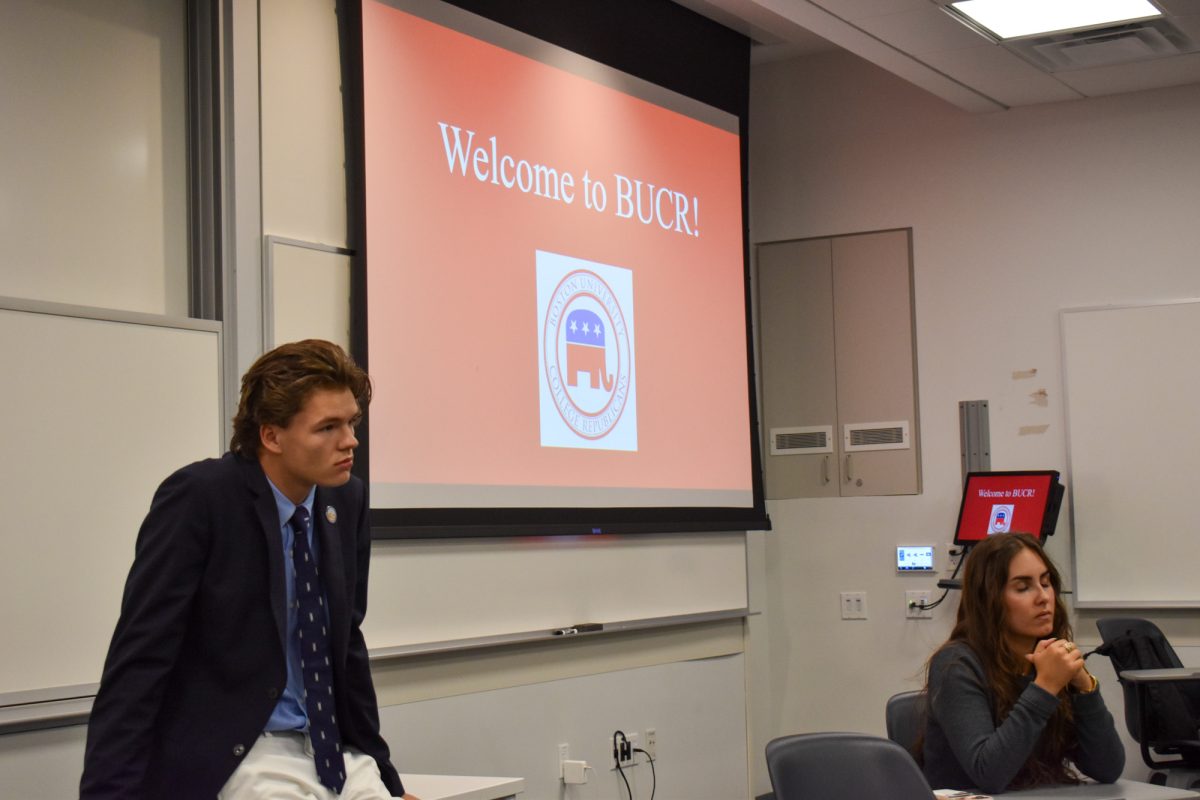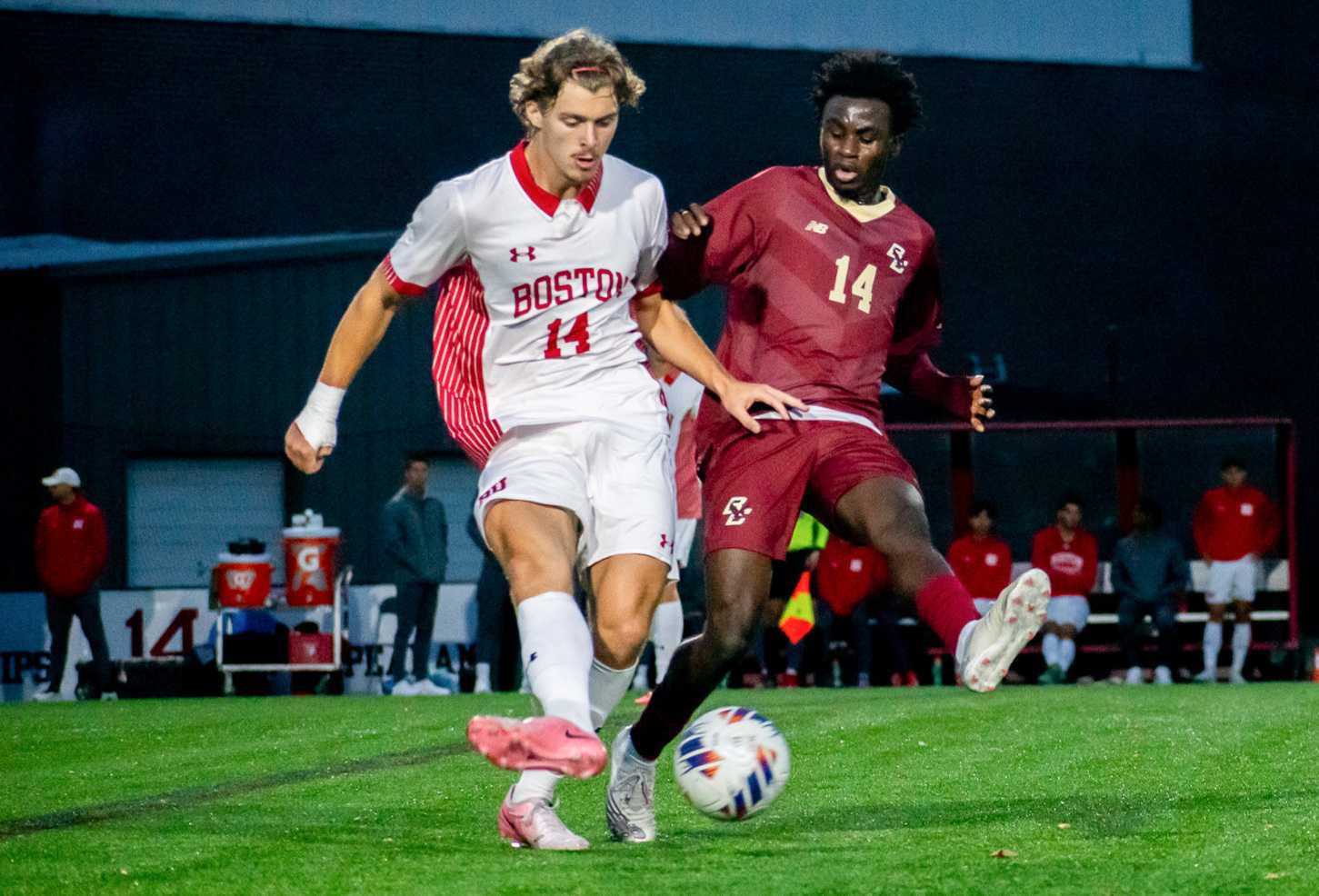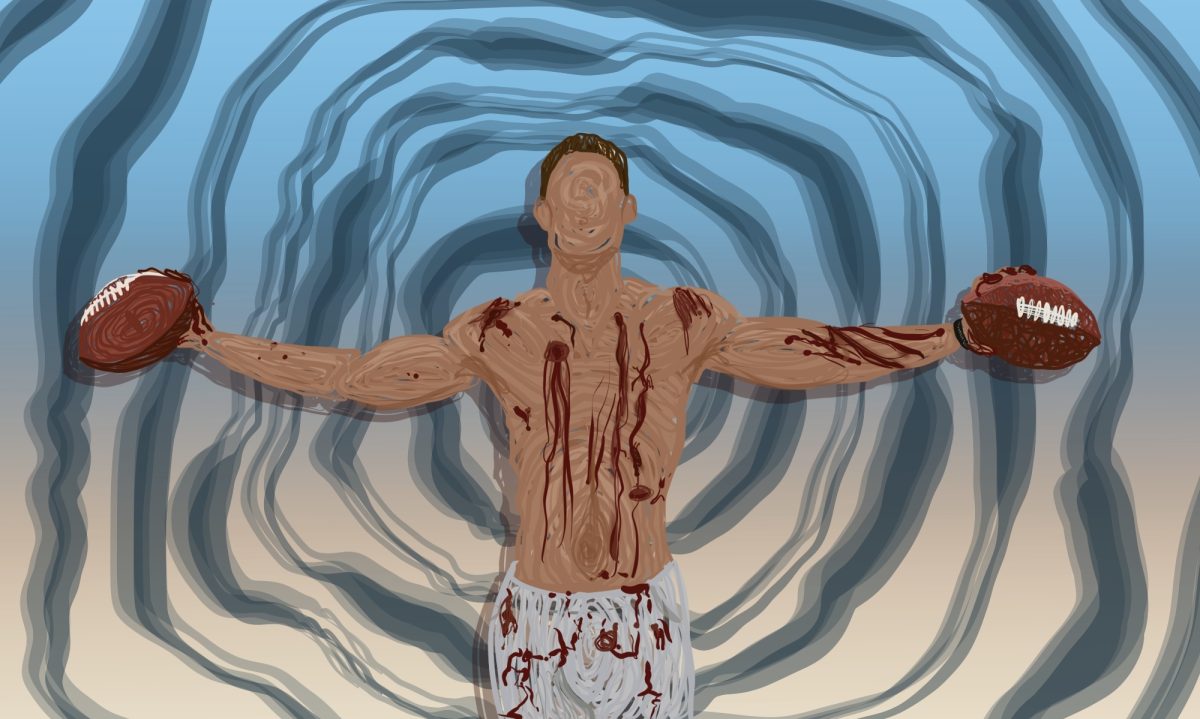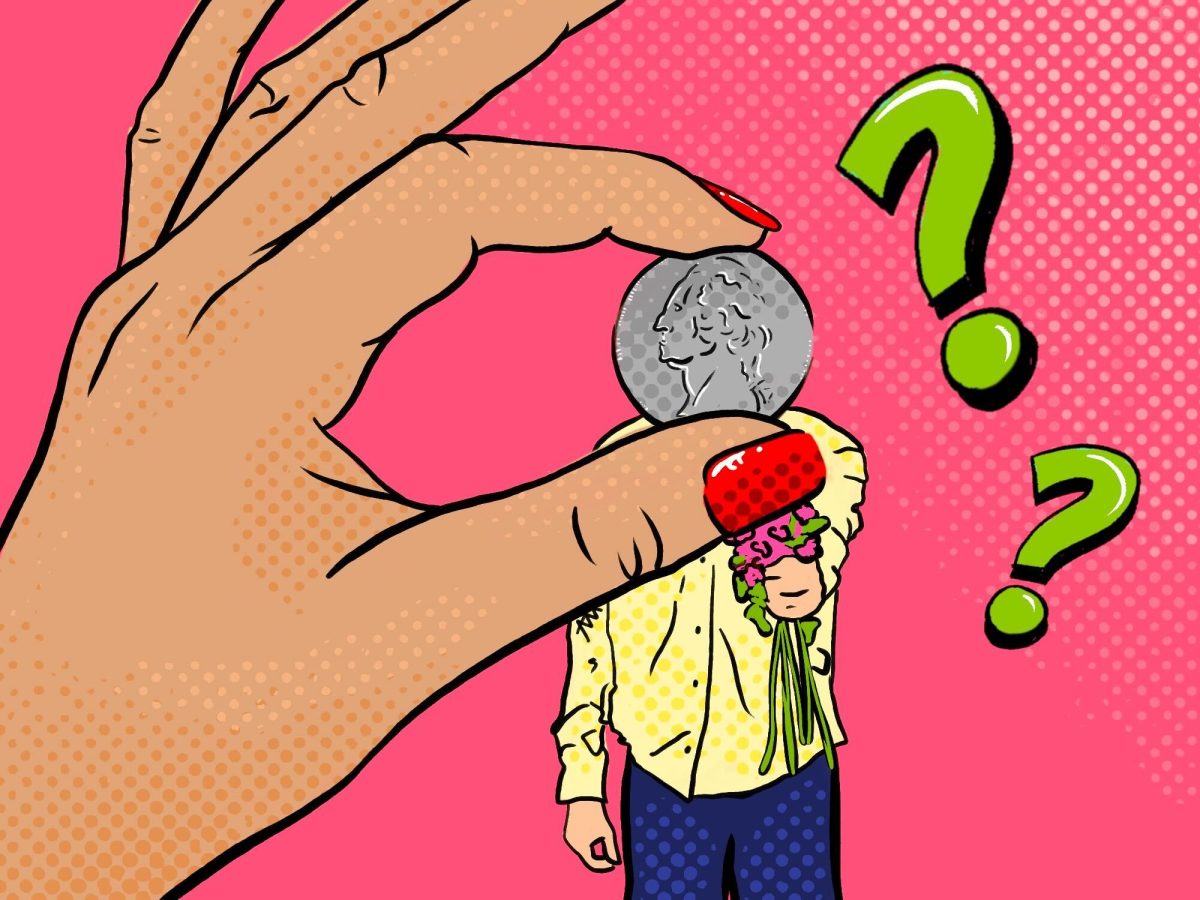Dana White, along with Lorenzo and Frank Fertitta, nearly gave up on a multi-million dollar purchase of the UFC in 2004 but decided to stick it out another year.
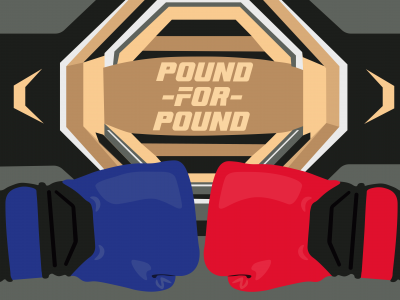
On April 9, 2005, fans entered Las Vegas’ Cox Pavilion to witness a sport on its last breath.
Though the card was headlined by the better-known Rich Franklin and Ken Shamrock, the two men in the co-main event quickly became the spectacle.
Forrest Griffin and Stephan Bonnar fought for the inaugural title of “The Ultimate Fighter,” or TUF. Live on Spike TV, TUF is a reality television show launched by White and the Fertittas as a final resort to revive the sport.
While it’s debated where the fight lands on the all-time list of great bouts, there’s little doubt the fight is the company’s most important.
Negative doesn’t begin to describe the public’s opinion on the UFC before the fight. It was banned in 36 states, according to ESPN, and Senator John McCain called it “human cockfighting” in 1996.
Yet Griffin and Bonnar were not the bloodthirsty savages many expected to find in the octagon. The two were regular, college-educated men, who left their blood and sweat inside Cox Pavilion — just because they loved to do it.
Suddenly, the culture around the sport shifted.
The UFC grew from a promotion on the verge of collapse to the biggest provider of mixed martial arts on the planet.
Obviously, TUF stuck around.
The premise is attractive: Two “coaches” — usually rival fighters — draft teams of fighters who compete in a tournament format to determine a final winner. It offers a view into the lives of the fighters while still providing fight fans with the battles they desire.
At the conclusion of the show, the coaches are often booked to fight each other. TUF is a great way to promote the fight between the coaches while developing new talent for the UFC.
The show saw massive success in its early stages, producing fighters like Michael Bisping and Nate Diaz — both of whom were crucial in the expansion of the sport.
Later seasons birthed the careers of legends like Kamaru Usman and Tony Ferguson.
Yet, for all the success the show brought the early UFC, it has not produced a champion since Nicco Montaño in 2017, who was stripped for failing to defend her belt once. Its last graduate to even reach the rankings was Macy Chiasson from 2018’s “TUF: Heavy Hitters.”
TUF has produced no shortage of viral moments — Chael Sonnen’s iconic “I can’t let you get close” to Wanderlei Silva on “TUF: Brazil 3” to Conor McGregor nearly inciting a brawl on “TUF 22: Team McGregor vs. Team Faber.” But the talent simply isn’t there anymore.
Instead, Dana White has funneled the top prospects outside the UFC into a new talent development show: “Dana White’s Contender Series,” or DWCS.
TUF has clearly taken a backseat, while DWCS churns out superstars and champions like Sean O’Malley, Jamahal Hill and Jack Della Maddalena.
DWCS is simple: Fight in front of the boss. If he deems you worthy of a contract, you get one at the end of the night.
It’s fast-paced and highlight-driven, only demanding two hours on Tuesday nights, and can see up to five new faces joining the UFC every week.
TUF, on the other hand, spans months and focuses less on the fights than on the training and development of young fighters — only to bring two of them to the UFC by its finale.
Moreover, the recent coach selections on TUF seem arbitrary.
The most recent season saw 46-year-old commentator Daniel Cormier coach against the 48-year-old Sonnen to honor the show’s 20th anniversary. The two host a talk-show together, so the dynamic is adequate, but there’s clearly not a fight between them in the future.
Alexa Grasso and Valentina Shevchenko coached in 2024, and though they capped the season with their trilogy fight, the dynamic was lackluster without true bad blood between the two.
There are plenty of options for future coaches to draw attention back to TUF.
Featherweights Yair Rodriguez and Diego Lopes exchanged fiery words at the UFC 314 press conference as a conflict between gyms flared up.
Sean Strickland and Israel Adesanya are both huge personalities in the sport. They produced many notable moments before their fights at UFC 276 and 293 and are now both in dire need of a bounce-back win.
Kai Kara-France and Manel Kape have a years-long feud involving press conference antics, expletive-laden post-fight callouts and gym rivalries — but have not been able to settle their beef in the octagon.
They’re all perfect candidates for TUF coaches who would bring engagement from most fans.
Good coaches don’t mean much if nobody tunes in, though. The UFC should air the episodes for free.
White knows firsthand how impactful ease of access is. The Power Slap League, White’s slap fighting promotion, saw view numbers soar when it switched from cable television to Rumble, a free streaming website.
It’s still salvageable, but “The Ultimate Fighter” looks a lot like the 2004 UFC right now — it needs its modern-day Griffin and Bonnar to come to its rescue.








